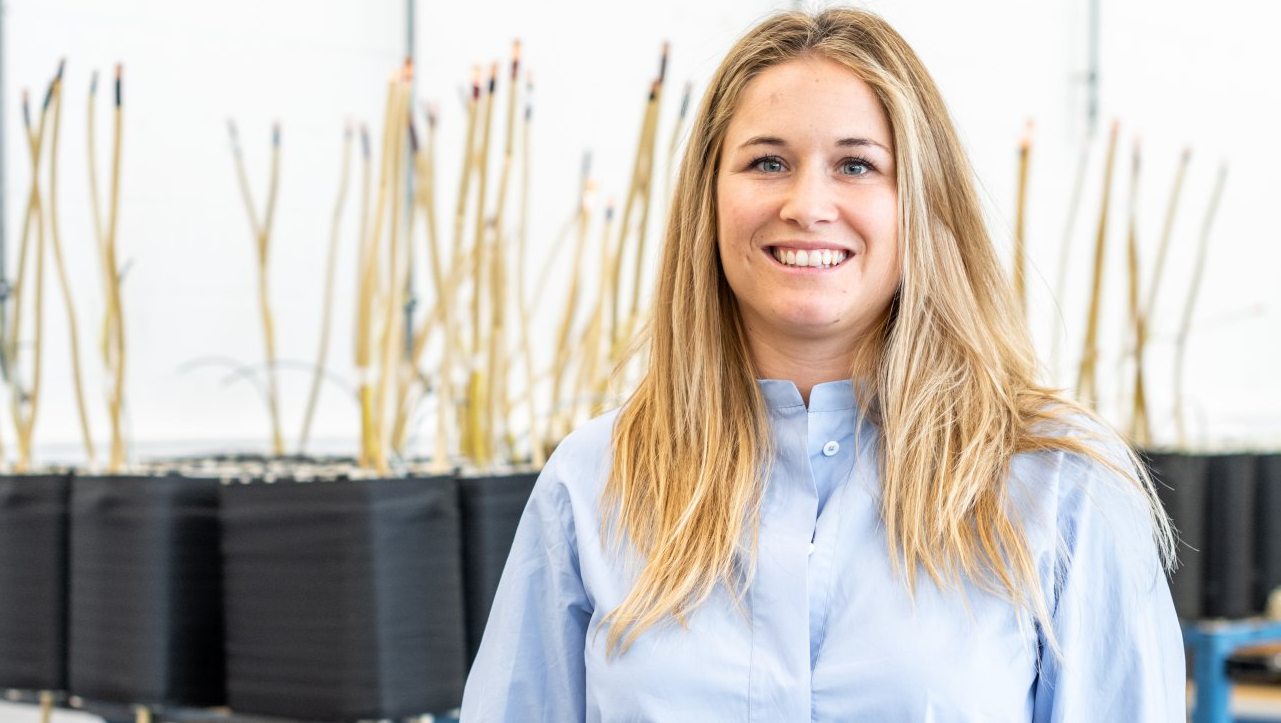Times are changing
for women in rail
What does your
job involve?
I am currently responsible for marketing, human resources and quality management. Together with my father and the board of directors, I manage the business development of Bächli. Since I have insight into many different processes, it is increasingly my task to control all the departments and ensure all the processes are clear.
What do you think should be done to attract more women into rail?
The rail industry is an extremely male dominated industry, even more the industry itself. In addition, it is very traditional, technical, and is changing less quickly than other industries. Often the focus is on big projects, which involve long timeframes and many contact people, and negotiating big budgets.
The proportion of women in the technical professions is rather small. But good people are also needed in administrative project management and for other, less technical tasks, I think it is important to strengthen the proportion of women there.
Furthermore, it is the task of the education system to make technical / mathematical subjects more attractive, so that girls even at a young age become more interested in them. Perhaps there should be greater support for the part-time working model; women are often responsible for taking care of the family.
This complicates matters for jobs with a lot of responsibilities and long office hours. However, it has been scientifically proven that the productivity of part-time workers is high. Now it is important to develop an optimal part-time model for project work.
This certainly calls for a degree of openness in the industry, but also interest, assertiveness, female courage and confidence. As a woman, I see no reason not to be able to work in this industry.
Do you think men and women handle leadership roles differently?
Yes, I think men and women experience their leadership roles differently or make decisions differently. But it’s OK, because that's what makes work exciting and can lead to perfect additions or symbioses.
However, we shouldn’t focus too much on the gender difference here. In my opinion, personal background plays a much bigger role in leadership style than gender.
But if you want to bring it back to the gender difference, I can only speak for myself as a woman.
I grew up in an entrepreneurial family and learned early on to take responsibility and understand what it means to run a business.
This has shaped me throughout my professional career and helped me to be where I am today.
I believe leadership means looking beyond the big picture, thinking about decisions early on, thinking about things in a network context, taking social influences into account, assuming but also giving responsibilities, empowering employees to perform their tasks in the best possible way, analysing and improving processes and procedures...
I don’t feel obliged to be capable of doing everything or consider myself in a competitive struggle with my colleagues, which certainly makes me, as a woman, different from a man.
Men are driven more by competitive thinking and often want to have all the decision-making powers.
Yet this does allow me to nurture teamwork, which I see as a strength with regards the future of our company.
Due to present day work patterns and the rapid pace of communications, I cannot handle all the channels and tasks all by myself, so I need capable employees.

“Men are driven more by competitive thinking and often want to have all the decision-making powers”
What are the day-to-day challenges of being a senior female leader?
Even though it sounds like a cliche, unfortunately it’s true. Being a female leader in a male-dominated industry is not always easy. Furthermore, being the daughter of the company owner hardly helps the situation!
From the start everyone, the employees, but all external contact people too, had high expectations of me and my skills. I had to assert myself and prove myself every day. In addition to my normal duties, I'm challenged to show that I do not have this position because I'm Jennifer Bächli, but because I'm fully capable of doing the job.
Besides, my parents would not have taken me into the company if they weren’t convinced of my abilities, because there’s too much at stake. I’m sure many other young women share my situation.
In my first job I was a primary school teacher. Then I did a part-time Master’s degree in business administration. Due to this career path, I may lack technical knowledge but am able to pick it up in house. Often you forget that we are working in a technical industry, but the company does not work without business processes.
And I’m responsible for these processes, not the technical ones. I have big shoes to fill – my parents have successfully run the company and they are highly respected by our staff, rail clients, and the industry at large.
Consequently, I have a lot to learn. But it’s important to accept that it’s impossible to be perfect in a day and that sometimes you must stay confident and be patient. And this confidence I feel is growing, day by day.
What factors are important for a company entering the rail business? What was Bächli’s experience?
Compliance with all the prescribed standards and legislation in force is vital. Since we are an SME and cannot afford to hire a specialist for every task, it took us a little time to familiarise ourselves with these requirements. However, we have been more than successful in meeting the railway industry standards and regulations governing the engineering and production of our products.
It was also important for us to properly design the contractual provisions of the project contracts, for which we sought external help. For an SME, large project assignments are always a huge challenge and we wanted to do justice to them.
Another significant aspect was engineering. Given the new challenges that come up daily, it was important for us to strengthen our engineering team. We have succeeded in doing so and both ourselves and customers greatly appreciate this improvement.
Thanks to the wealth of experience of our two engineers, as well as exchanging information with each other as a team, including with external consultants, we can now develop and produce the best possible solutions for customers.
What has been your biggest success to date and what contributed to it?
Please ask me this question again in ten years’ time. Right now, I’m too young to give you a good answer!
What advice would you give to women working in rail?
Stay authentic. Be yourself. Believe in yourself. Even if you are always in the minority, even if you are often underestimated, even if you are often not listened to from the start. It is crucial to form a sound and competent opinion, and to make it known.
There are reasons why both sexes exist and why they are different. I strongly believe that they work perfectly by complementing each other.
This is why it is important to seek out this complementarity and further build on it. Additionally, I'm sure that all men in the rail industry would be delighted to see a few more women!
WHow did you get into the rail industry?
My father decided to move into this sector a few years ago.Through cooperation with a well-known Swiss train manufacturer, we subsequently became active in the industry.
Since then, we have built up a lot of experience through a wide range of challenges and customers.
This is how I came into contact with the industry. Of course, I use trains almost every day for travelling to work.
I am responsible for marketing and quality management, as well as strategic development. A big part of my job involves dealing with the railway industry.
I think it's a very exciting space with lots of potential, also for our company.
Because with our competencies I see ourselves as the ideal partner for winding goods.
Due to our size and corporate structure, we are able to meet all demands for short / direct communication channels, rapidly develop solution approaches, ensure compliance with standards and regulations, the production of high quality products, energy efficiency, and so forth.
Even if we are a Swiss company, we are absolutely marketable, especially considering the whole product life cycle. From this perspective, customers can expect an energy-efficient product after a few years with payback.
In your career, what is the biggest challenge you have had to overcome so far?
So far, it has been to turn myself from the employee's marketing manager into the company's CEO.
As I mentioned earlier, we are a family business. I am sure every family has their roles and ways of doing things. But if you are now not just a family, but also working together as a team in a company, these roles and approaches change.
To make this new and meaningful is a big, but nice challenge.
I must meet the expectations of the company, its employees, my parents, and my brother as far as possible.
However, time does not stand still until everyone finds themselves again in their new roles; but on the contrary, the time is running.
I have already taken some steps, but there will be many more to come for both myself and my brother. We are looking forward to this and are supporting each other.
In your opinion, what is the recipe for success for a team?
Knowing your company, its needs and resources is vital. And on the other hand, to know the abilities of your employees. So, you can create a profile of what the company needs in order to function optimally today, and tomorrow.
I think it is important to support employees in their personal development and also help them shoulder their responsibilities.
Encouraging everyone to develop their strengths and in their day-to-day work creates a certain team spirit. Self-responsibility makes you feel more involved in a situation or task and keen to do a good job.
Planning longer-term partnerships, agreeing on goals, and involving staff in developing the company are also key to creating a team.
Achieving ambitious goals is possible, but only if everyone plays a part in the process.






